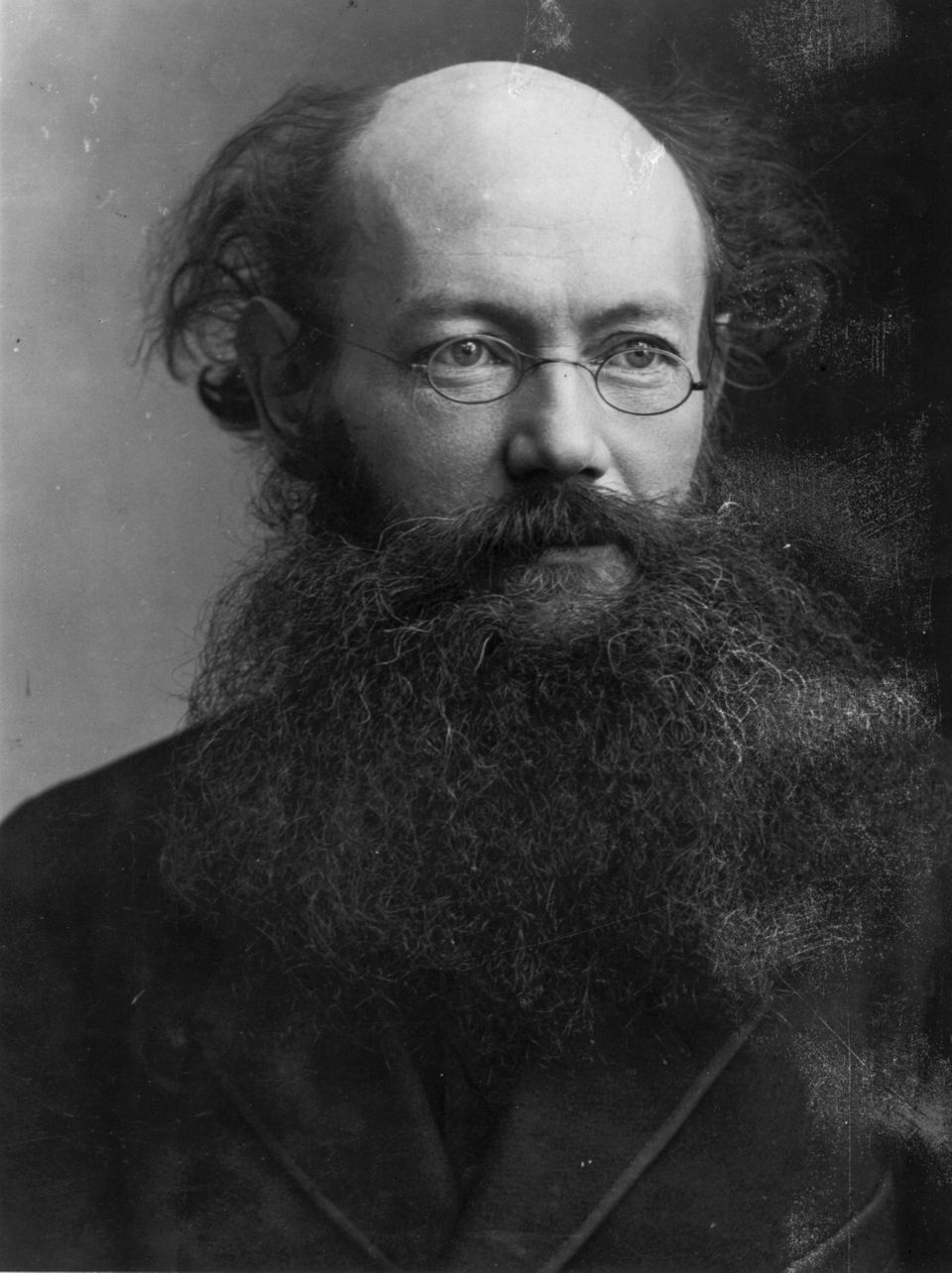Pëtr Alekseevič Kropotkin frasi celebri
La morale anarchica
La morale anarchica
La conquista del pane
La morale anarchica
Variante: Tutto quello che possiamo fare è dare un consiglio, aggiungendo: "Questo consiglio avrà valore soltanto se tu riconoscerai da solo, con l'esperienza e con l'osservazione, che è buono da seguire".
Frasi sulla vita di Pëtr Alekseevič Kropotkin
La morale anarchica
La morale anarchica
Pëtr Alekseevič Kropotkin Frasi e Citazioni
La morale anarchica
La morale anarchica
La morale anarchica
La morale anarchica
1948
La conquista del pane
1948
La conquista del pane
Origine: Da Campi, fabbriche e officine.
La conquista del pane
2014
La conquista del pane
Pëtr Alekseevič Kropotkin: Frasi in inglese
Here Kropotkin seems to be refering to the French philosopher Charles Fourier, and not the French scientist Joseph Fourier.
Anarchism: Its Philosophy and Ideal (1896)
Kropotkin's entry on "Anarchism" in the Encyclopædia Britannica (1910) http://dwardmac.pitzer.edu/Anarchist_Archives/kropotkin/britanniaanarchy.html
Origine: The Conquest of Bread (1892), Ch. 8 : Ways and Means
Origine: The Conquest of Bread (1892), Ch. 13 : The Collectivist Wages System
Origine: The Conquest of Bread (1892), Ch. 8 : Ways and Means
Origine: The Conquest of Bread (1892), Ch. 6 : Dwellings
Origine: The Conquest of Bread (1892), Ch. 5 : Food, p. 101
Origine: The Conquest of Bread (1892), Ch. 5 : Food, p. 99
Origine: The Conquest of Bread (1892), Ch. 2 : Well-Being for All, p. 71
Origine: The Conquest of Bread (1892), Ch. 1 : Our Riches, p. 60
Origine: The Conquest of Bread (1892), Ch. 1 : Our Riches, p. 59
Origine: The Conquest of Bread (1892), Ch. 1 : Our Riches, p. 57
Origine: The Conquest of Bread (1892), Ch. 1 : Our Riches, p. 57
Origine: The Conquest of Bread (1892), Ch. 1 : Our Riches
Origine: The Conquest of Bread (1892), Ch. 1 : Our Riches
Origine: The Conquest of Bread (1892), Ch. 4 : Expropriation
Origine: The Conquest of Bread (1892), Ch. 3 : Anarchist Communism, p. 81
Origine: The Conquest of Bread (1892), Ch. 3 : Anarchist Communism, p. 79
About the Bolshevik revolution, as quoted in Peter Kropotkin : From Prince to Rebel (1990) by George Woodcock and Ivan Avakumovic, p. 428
